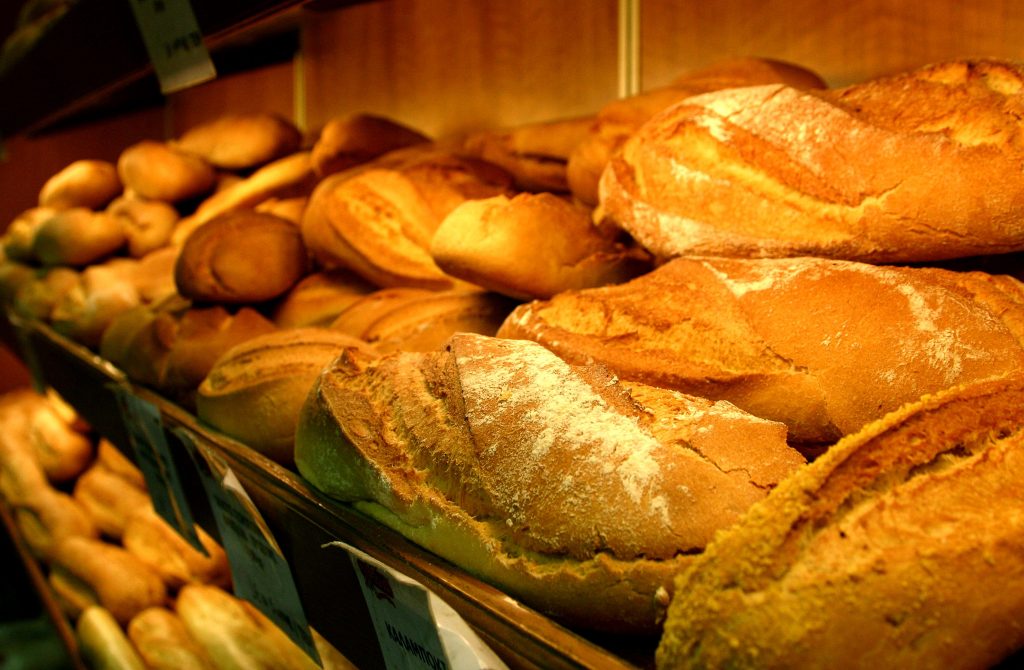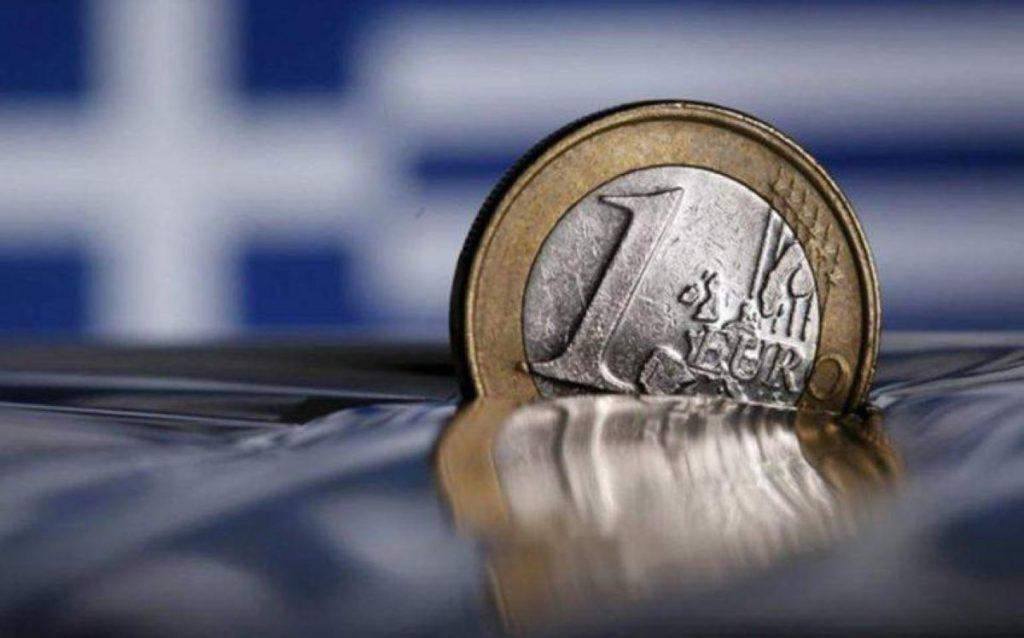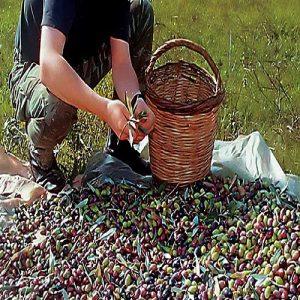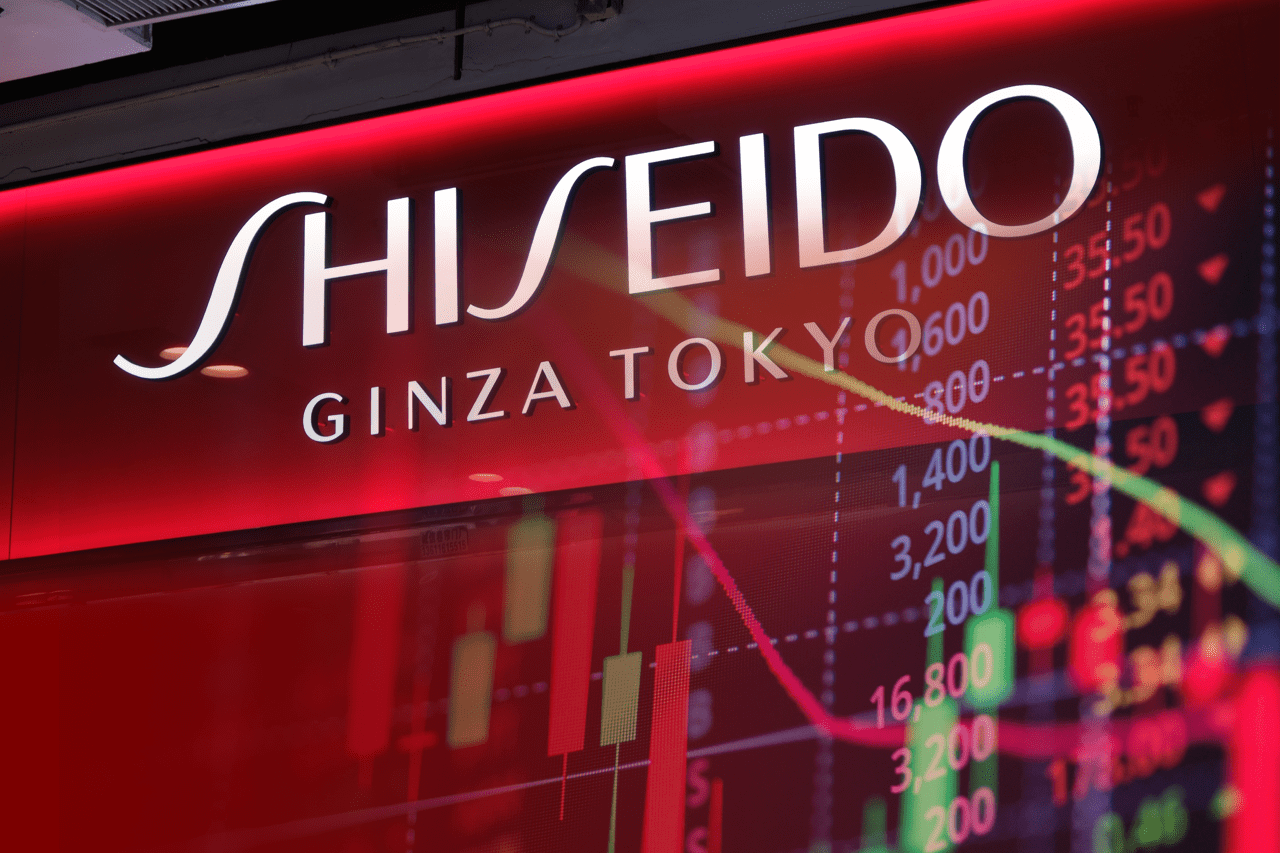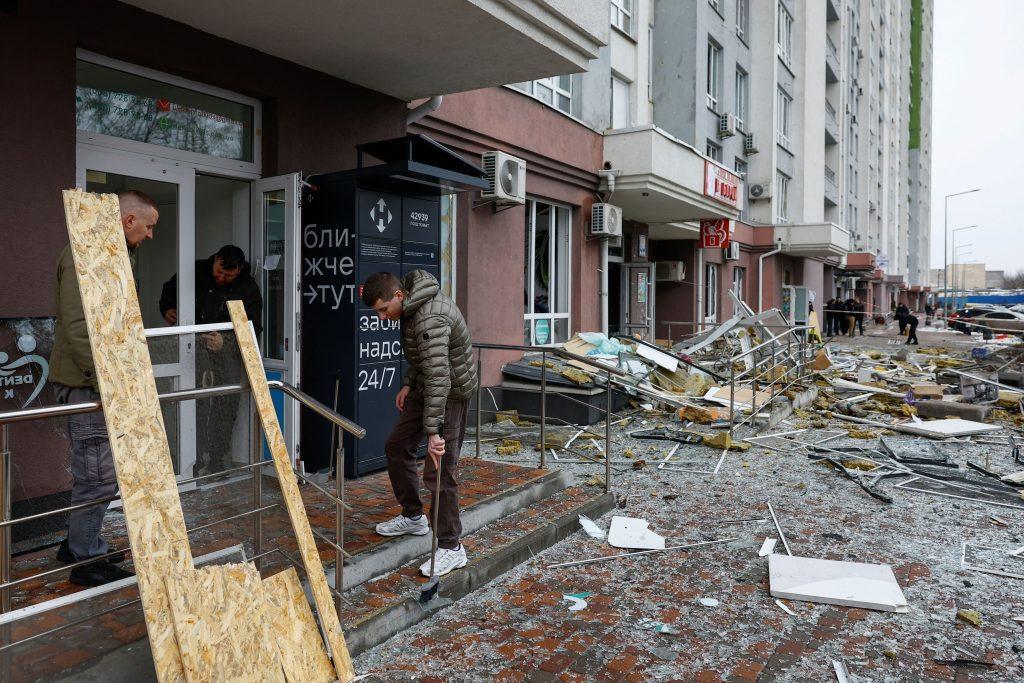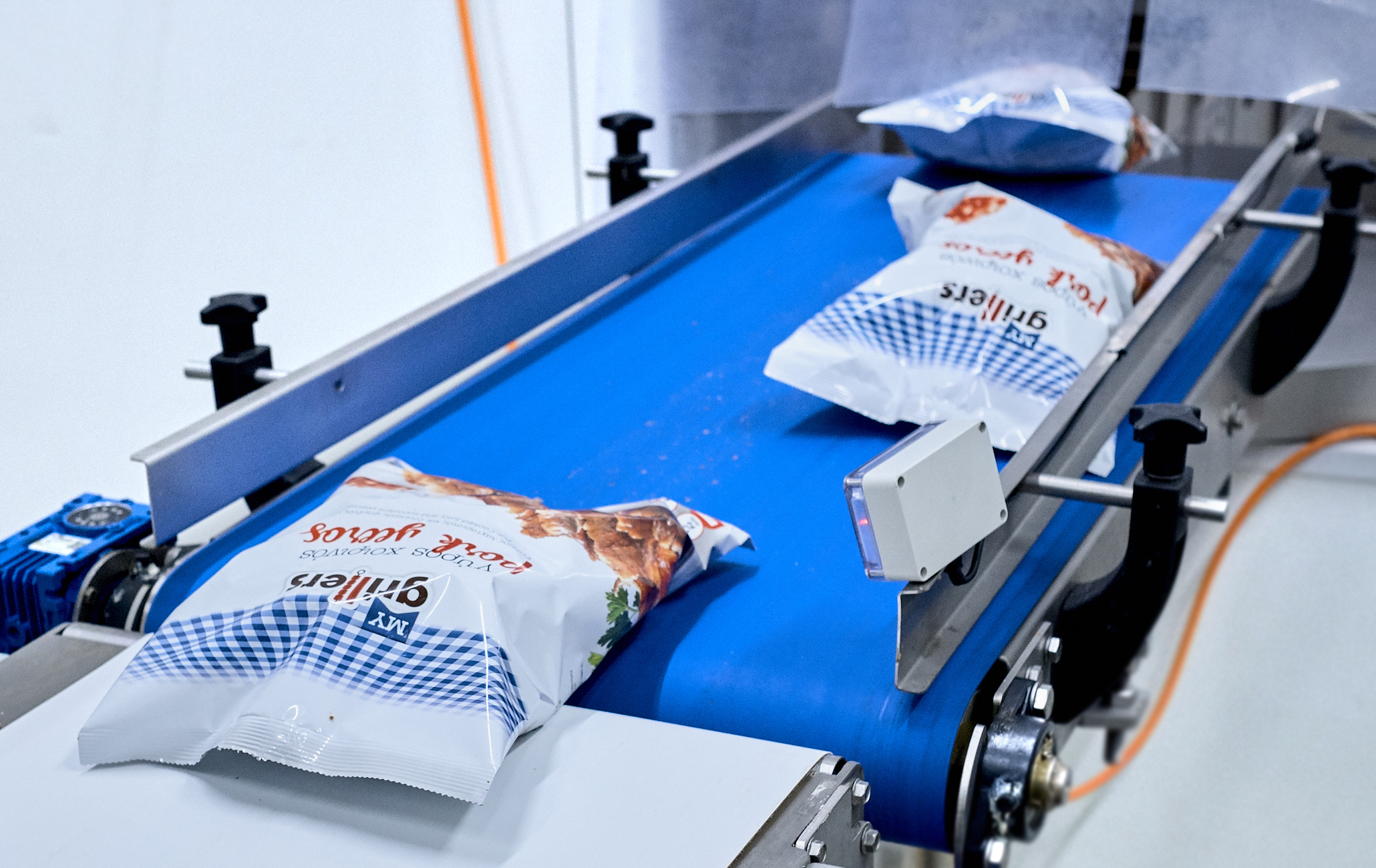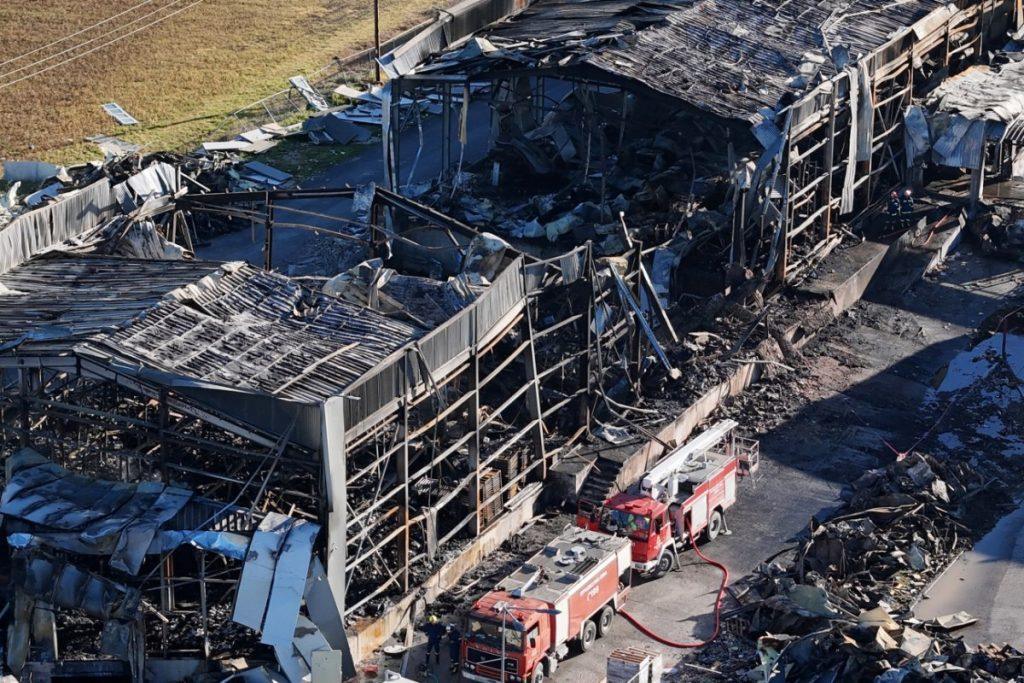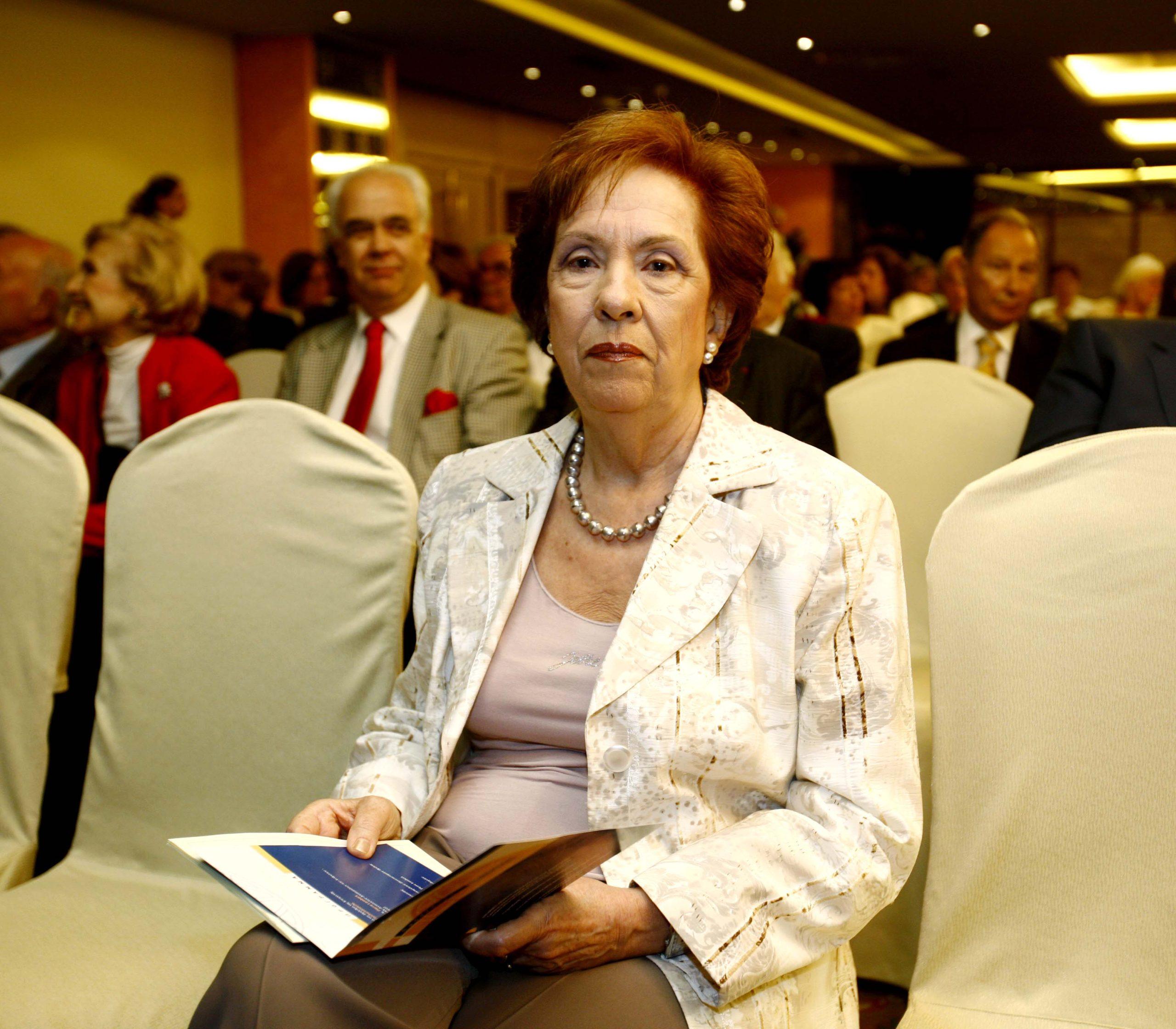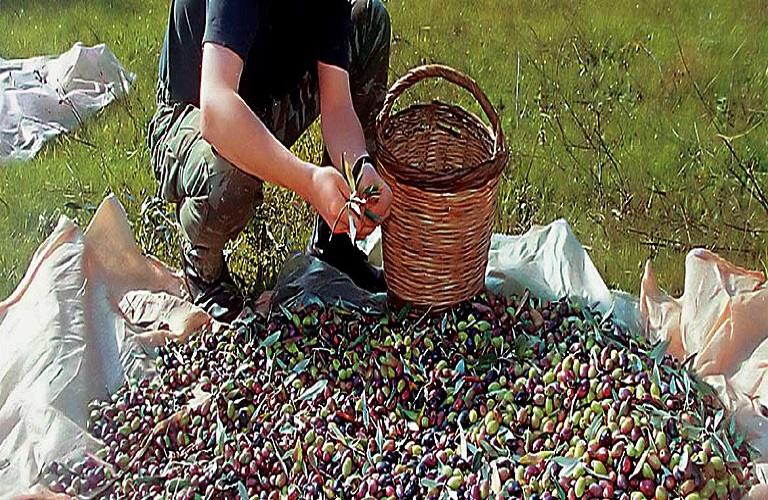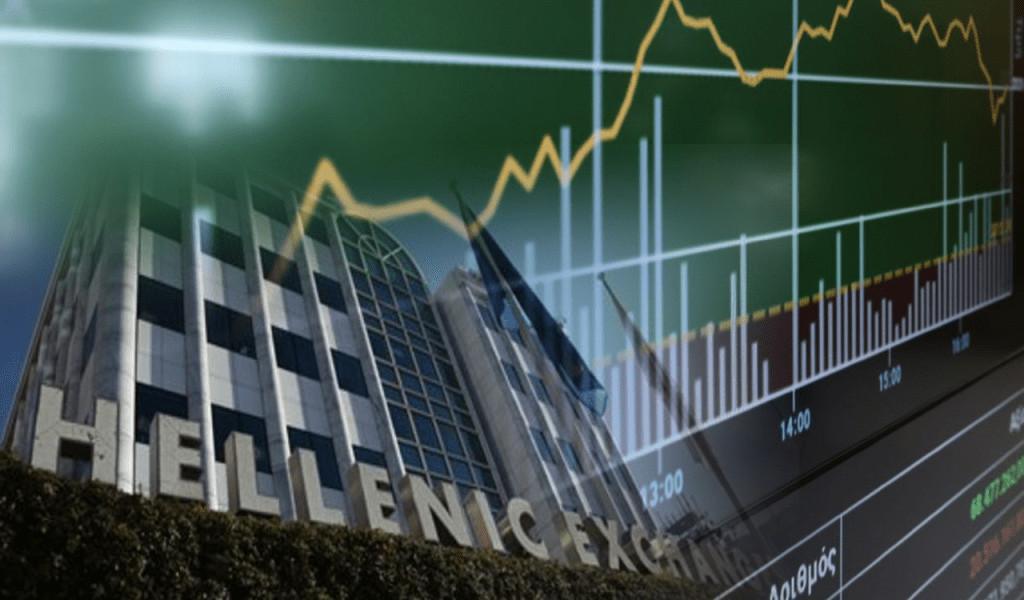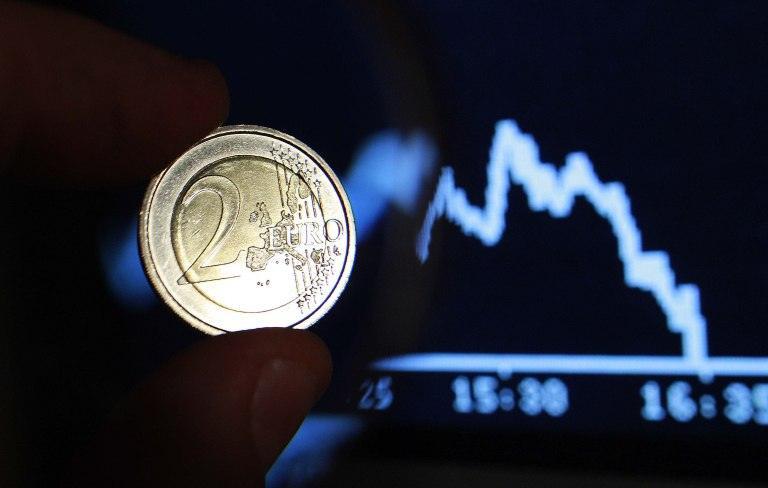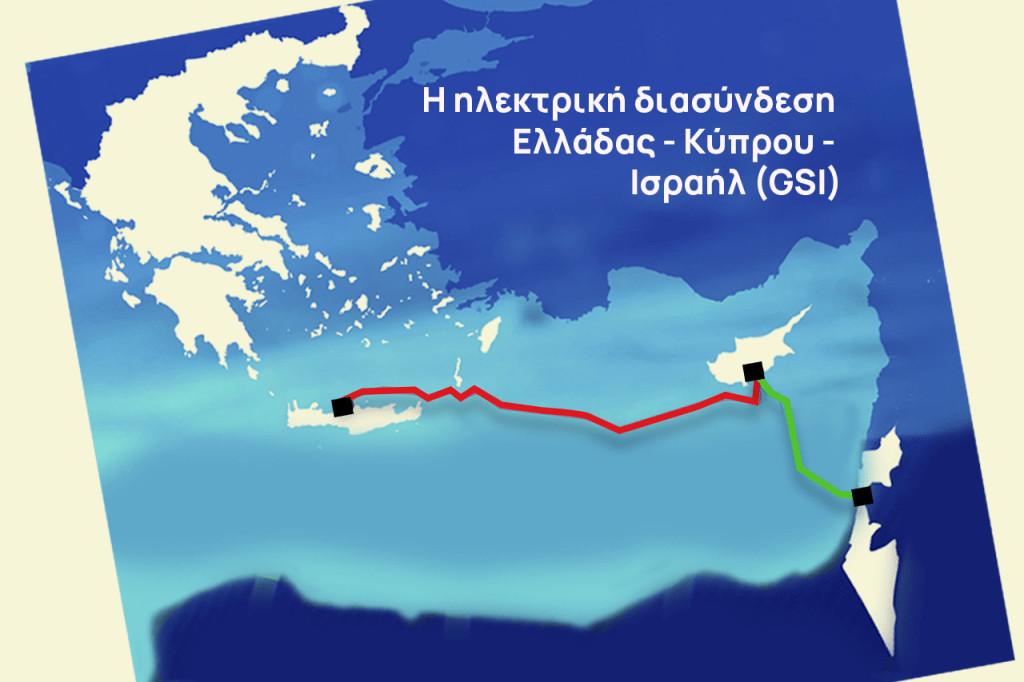In April alone, bread was 5% more expensive, based on data from the Hellenic Statistical Authority, and all indications are that this increase will be neither the last nor the largest.
Yesterday’s frantic rally in the price of wheat on European and American stock exchanges, in the wake of India’s decision to ban grain exports, shows a bleak outlook for global supplies, threatening developing and even developed economies.
Already in many areas throughout Greece, the price for a kilo of “rustic” type bread has exceeded 2.60 euros, while in the most sophisticated items, e.g. sourdough bread, the price per kilo has reached 3.50 euros. At the same time, pastries, sweets, buns, pies and rolls have become more expensive by more than 10% compared to last year.
Common wheat, used in the production of bread, went from 275 euros to close to 420 euros, bakers note, while electricity bills are increased by 60%.
Although stocks of wheat flour, semolina and other cereals in combination with the stocks of grain maintained by the mills are moving at satisfactory levels over the given period, the course of prices raises concerns as the war in Ukraine continues.
Rally on raw materials
Even those who estimated that there would be a de-escalation in view of the new crop, which “traditionally” drops prices, are rethinking this, as pressures increase.
And if bread and flour-based products are a small fraction of the Greek family budget, the continuing rise in basic raw material prices such as palm oil, oats, corn and milk brings a new wave of inflation on all processed and non-food, at a time when the food bill is now 11% higher than last year and the government is putting the brakes on new support measures beyond those announced for energy bills.
Imported inflation and surge in production costs
The new rise of 35% recorded in the wholesale prices of imported products in March and the surge in production costs – livestock by 26.5% in the same month “show” new price increases on the shelf and a further decline in the consumption of basic foodstuffs.
According to supermarket executives, April saw a decline in sales volumes of 7% -8%, despite the fact that it was the festive Easter seasonf. The messages for May are also ominous, with the market as a whole having now placed its hopes in tourism.
